MILO Signs On Northern Influencers To Strengthen National Representation
By Winifred Bosa

MILO Nigeria has welcomed a new group of influencers to strengthen its long-standing connection with consumers in Northern Nigeria. The influencers include Ahmed Musa, Nigerian professional footballer and youth role model; Mansurah Isah, actress, filmmaker, humanitarian and social impact advocate; Ali Jita, songwriter and musician; Sulaiman Yahaya (popularly known as Bosho), Kannywood actor and comedian Anita Asuoha (Real Warri Pikin), who has renewed her contract as a member of the MILO family.
Speaking on the new partnerships, Gilbert Tweneboah-Koduah, Category Manager, Beverages, Nestlé Nigeria, emphasized the brand’s commitment to inclusivity. “This partnership reflects our dedication to ensuring that every Nigerian child experiences the nourishment, energy and possibilities that MILO represents. By working with creators who authentically reflect their communities and whose values align with ours, we are celebrating the bonds MILO has built with families across Nigeria in the most inclusive and meaningful way.”
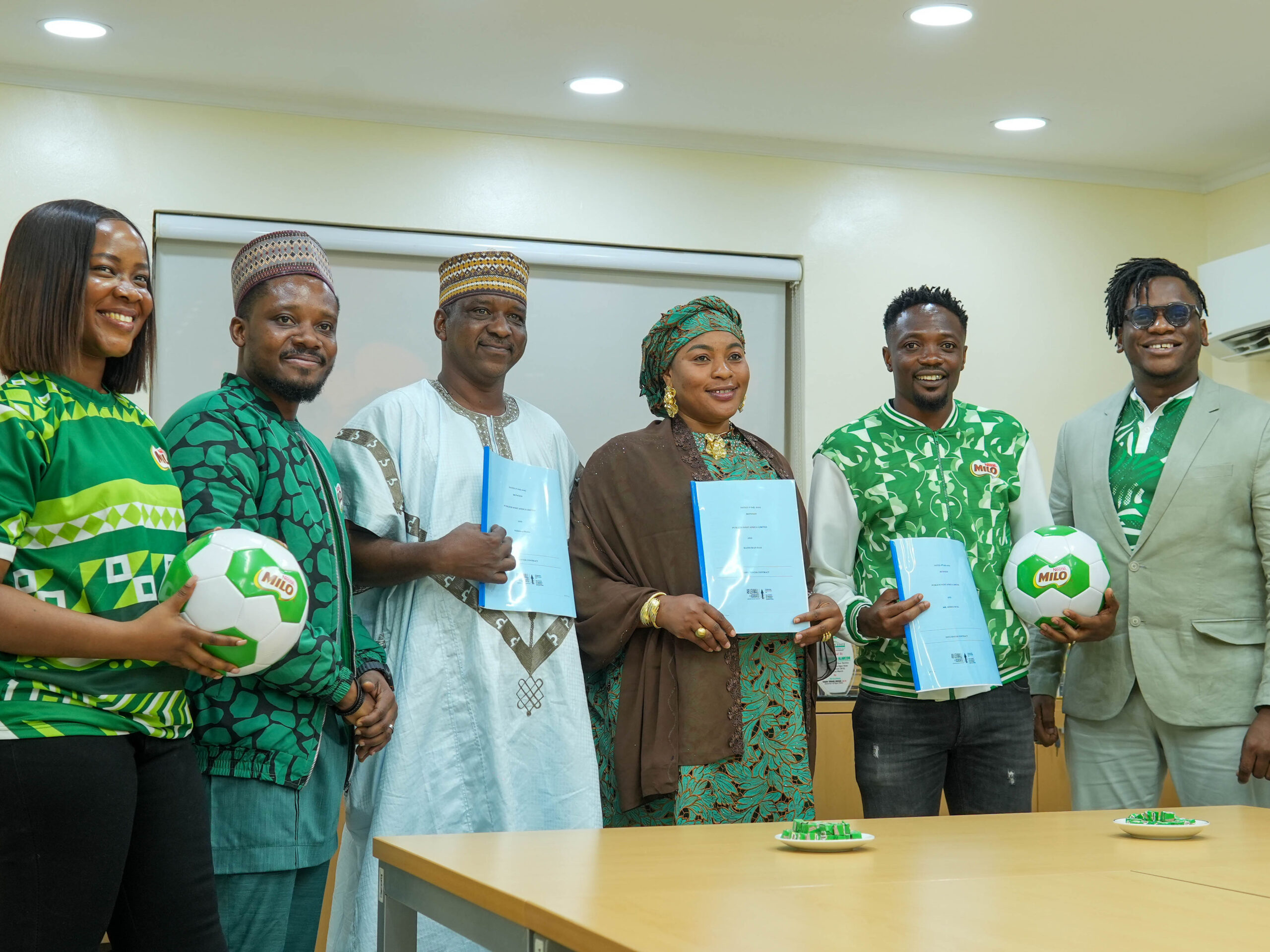
During their induction, the influencers went on an immersive factory tour to get first hand information on MILO’s key ingredients, including cocoa, milk, and sorghum, which is 100% sourced in Northern Nigeria.
They had the opportunity to see how these ingredients are transformed into the final product through cocoa roasting, milk blending, and malt preparation. Their reports confirmed that the visit highlighted MILO’s dedication to quality, nutrition, hygiene and food-safety standards.
Reflecting on the experience, Mansurah Isah said: “Seeing how MILO is made gave me a new level of respect for the brand. I was particularly impressed by the level of hygiene maintained throughout the process. The thoroughness, the quality checks at every stage were remarkable. It made me even prouder to take this journey with MILO.”
The signing ceremony took place at the Nestlé Head Office in iIlupeju, Lagos, where the influencers engaged with employees and shared their personal reflections on joining the MILO family. Ahmed Musa spoke about his excitement, highlighting MILO’s significant impact in communities across Northern Nigeria. “What stands out for me is how MILO invests in young people. From sports to school activities, you see the brand’s impact everywhere. I’m excited to use my platform to inspire even more children across the North,” he said.
For Sulaiman Yahaya (Bosho), the opportunity to partner with a brand that consistently supports youth development was a key motivator. “MILO has been part of our lives for years. To now be part of this journey is something special,” he shared.
From the MILO Basketball Championship to Building Champs and other school-driven programs, MILO continues to nourish children, support communities, and inspire a generation to grow stronger through active and healthy living.



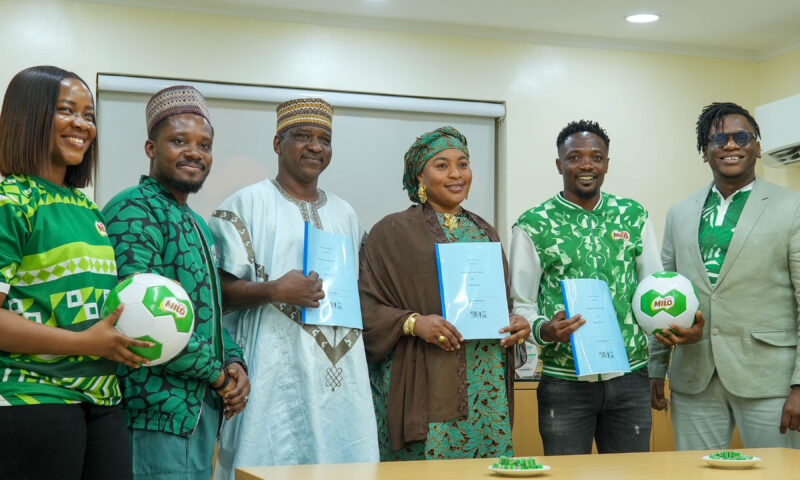

 Amaka Obiefuna
Amaka Obiefuna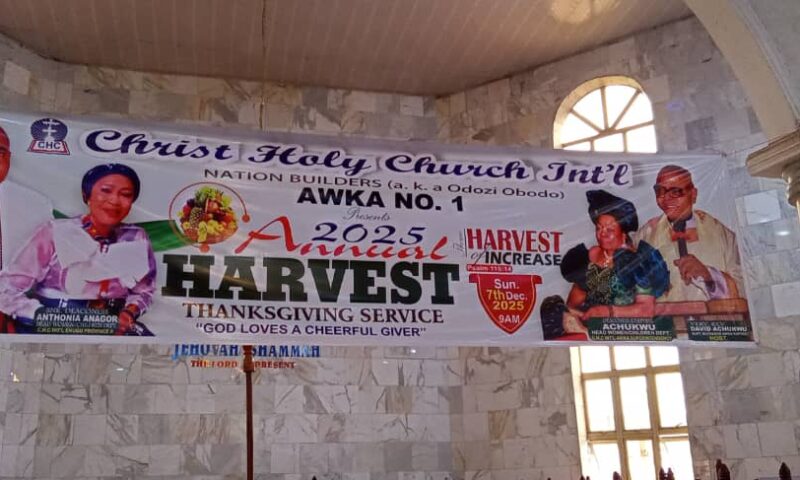
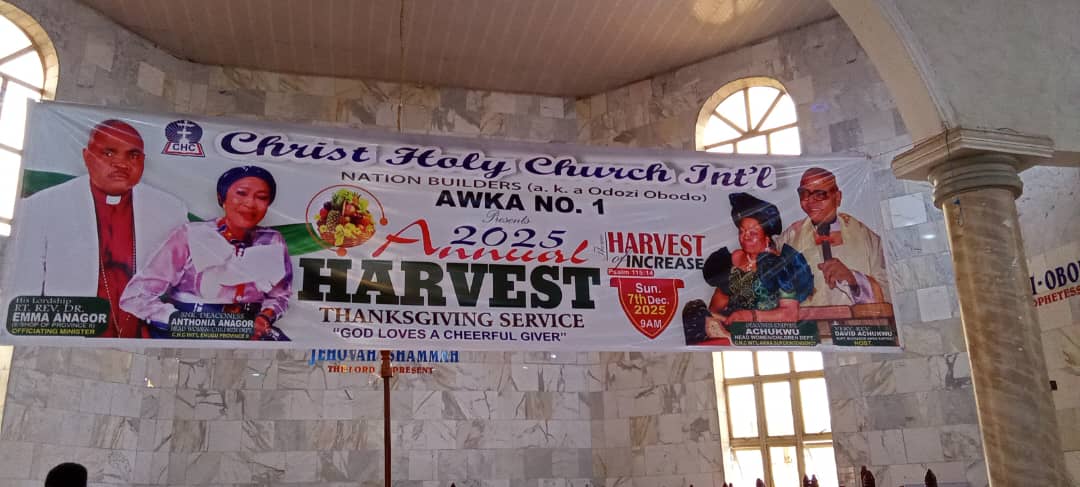
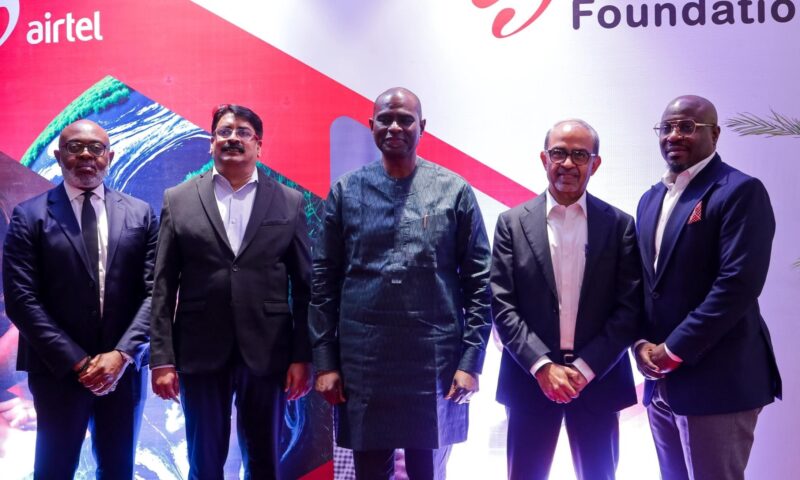
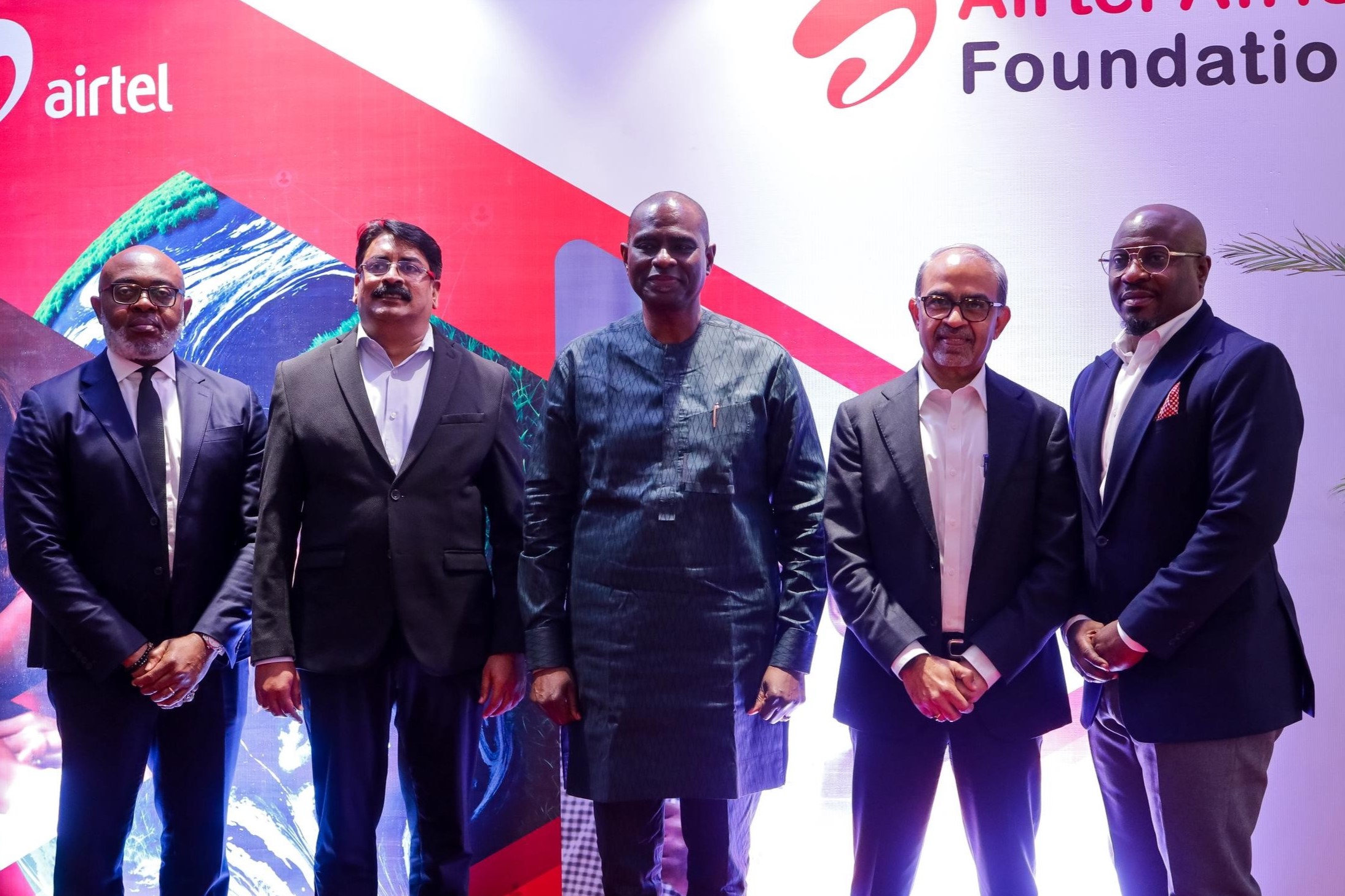 By Winifred Bosa
By Winifred Bosa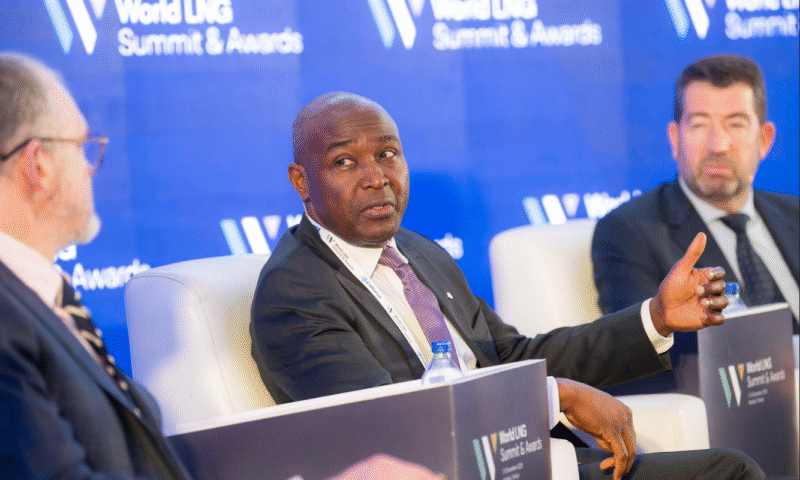
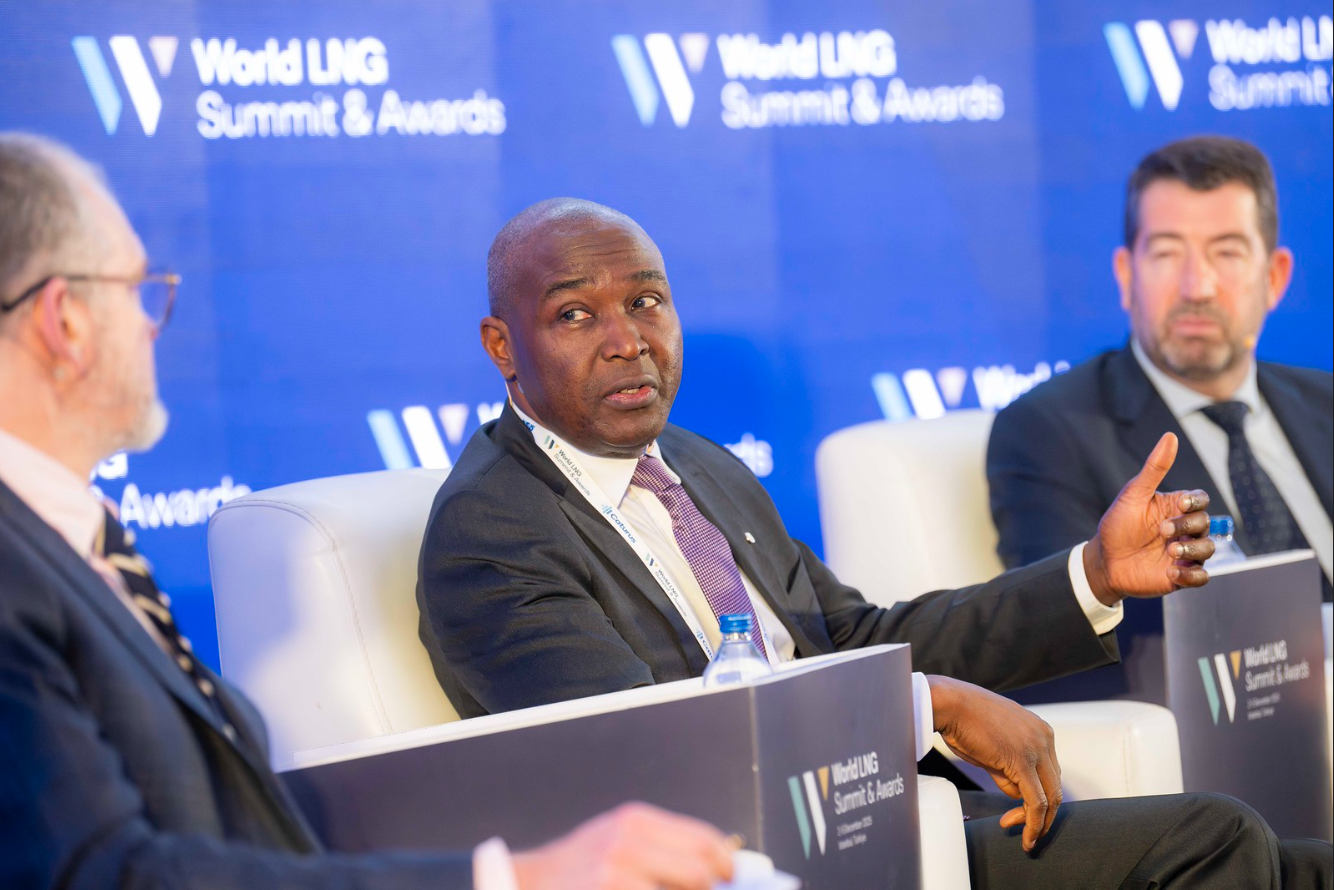 By Winifred Bosa
By Winifred Bosa


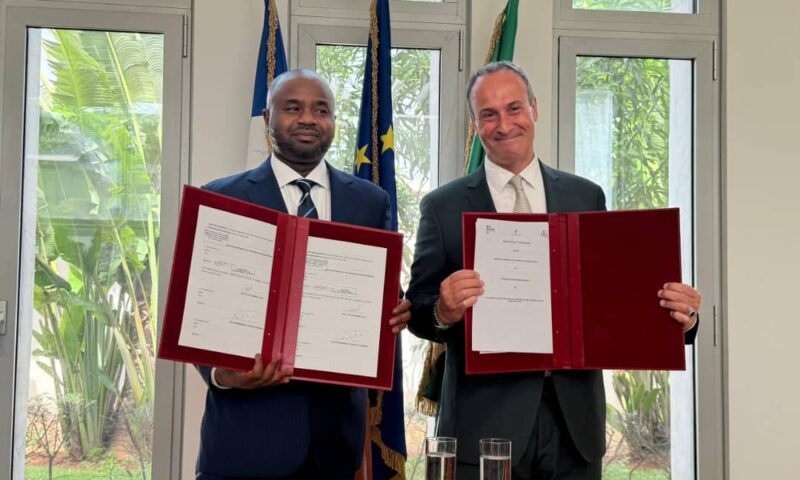

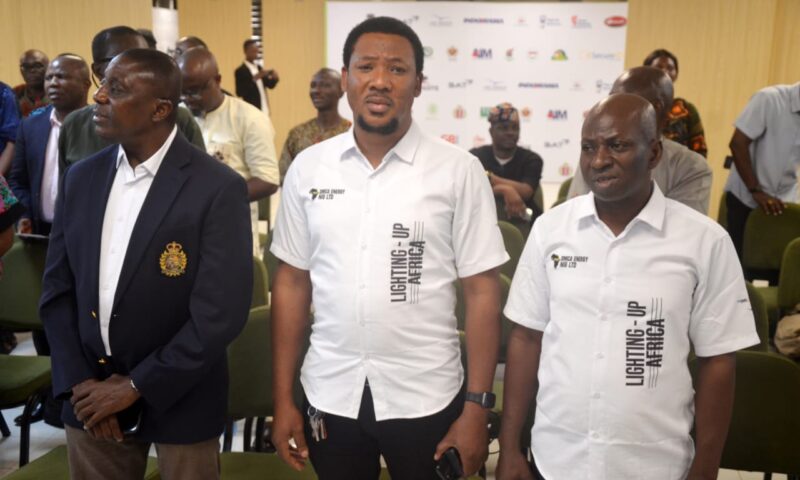
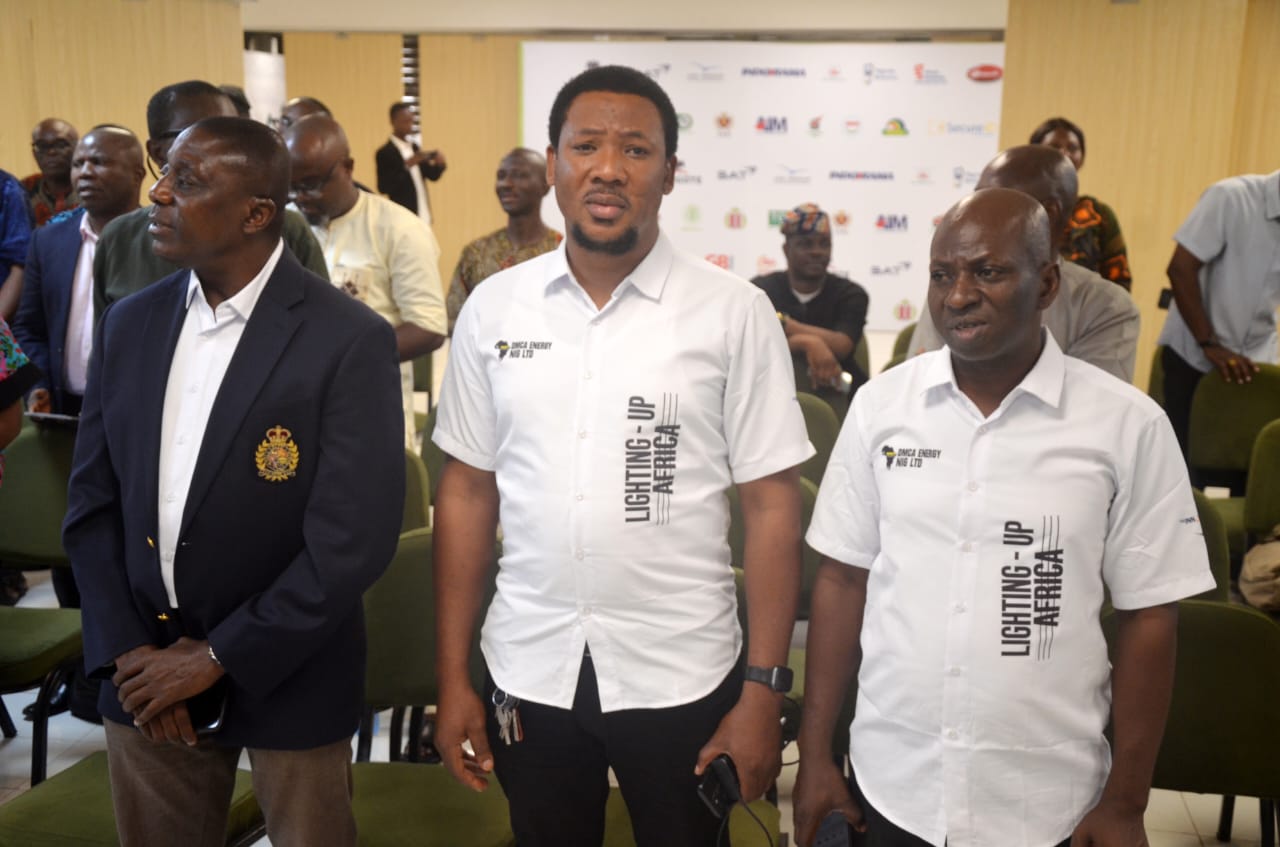
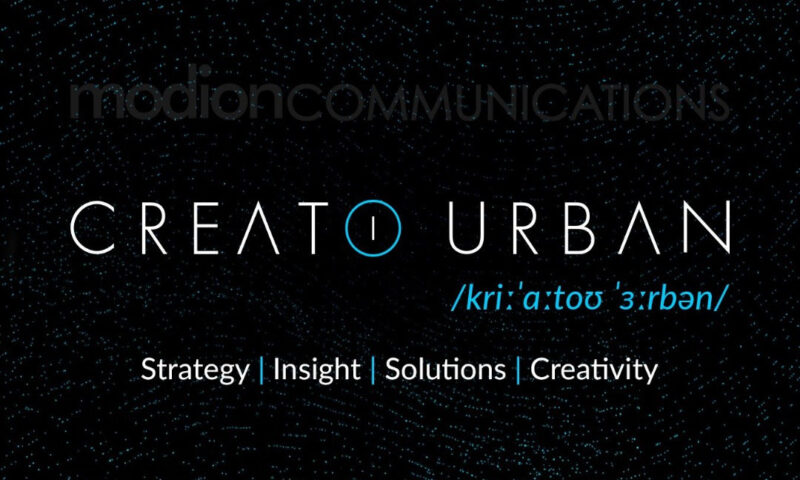
 Modion Communications, one of Africa’s most awarded PR-led integrated communications agencies, yesterday announced a transformative rebrand as it celebrates a decade of creativity, strategic excellence, and reputation leadership.
Modion Communications, one of Africa’s most awarded PR-led integrated communications agencies, yesterday announced a transformative rebrand as it celebrates a decade of creativity, strategic excellence, and reputation leadership.